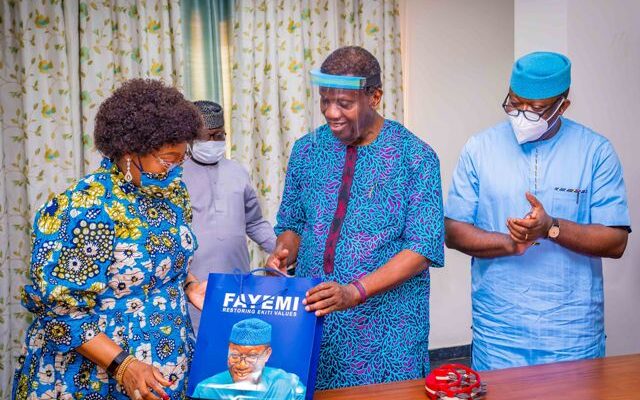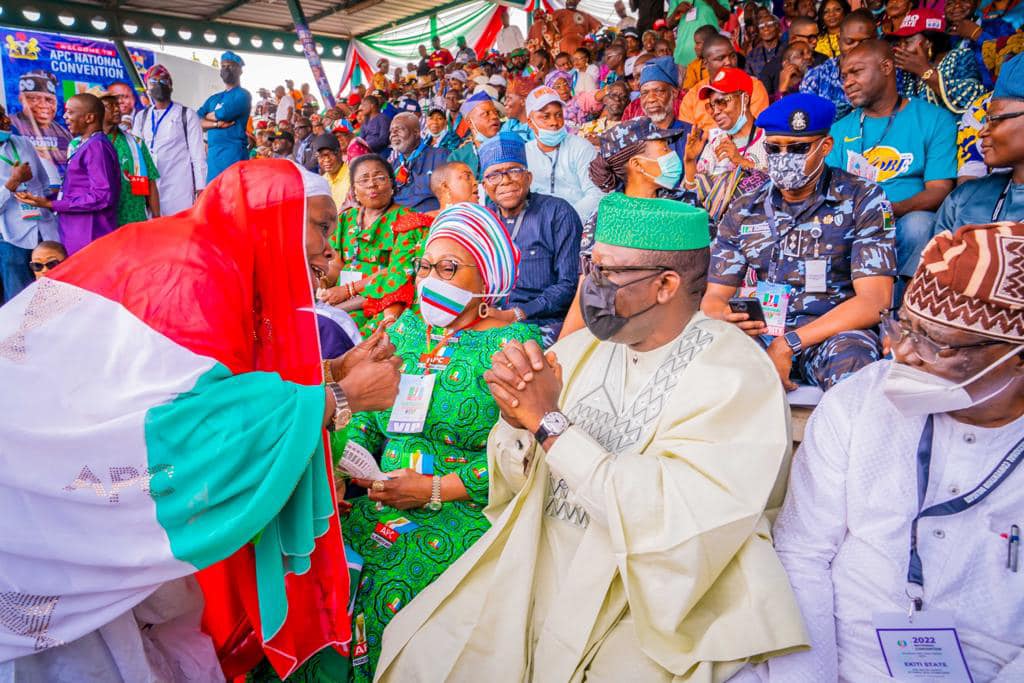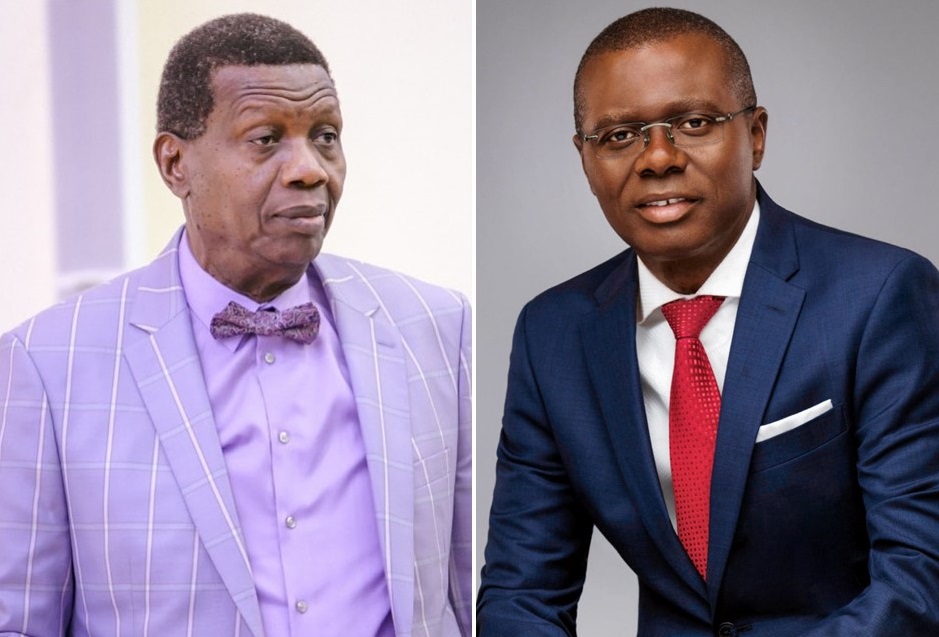People
Adeboye At 80: A Chosen Vessel Of God To Nations- Fayemi
Ekiti state governor, Kayode Fayemi has described the General Overseer of the Redeemed Christian Church of God (RCCG), Pastor Enoch Adejare Adeboye, on his 80th birthday as the chosen vessel of God to Nigeria and the nations of the world.

Ekiti state governor, Kayode Fayemi has described the General Overseer of the Redeemed Christian Church of God (RCCG), Pastor Enoch Adejare Adeboye, on his 80th birthday as the chosen vessel of God to Nigeria and the nations of the world.
Governor in a statement by his Chief Press Secretary, Yinka Oyebode, said the eminent cleric has enjoyed God’s extraordinary grace in entering the club of octogenarians in good health and excellent spirit.
He described Pastor Adeboye as a role model to many and a man who exudes transparent humility in line with the teachings of Jesus Christ whom he imitates.
The Governor noted that Pastor Adeboye has played prominent roles in revealing the mind of God to the people from time to time, emphasising the integrity of the word of God and interceding for his country and nations of the world.
Describing Pastor Adeboye as a global citizen, Fayemi said the impact of the clergyman’s ministry is felt across the globe as a respected voice in the Christendom and a general in God’s end time army.
Fayemi said the RCCG General Overseer has always offered his counsel to leaders at different levels and has a unique way of speaking truth to power when necessary.
He added that Pastor Adeboye’s life has been a blessing to not only his church members but all and sundry as his sermons and prayers have given hope to the hopeless and provided refuge for millions.
The Governor prayed God to grant Pastor Adeboye long life, sound health, more fruitfulness in the ministry and renewal of strength to do more exploits in the vineyard of God.
” On behalf of my wife, Bisi, the Government and good people of Ekiti State, we say a happy birthday to Daddy G.O and pray that God continues to bless his ministry and renewal his strength like that of the eagle.”



